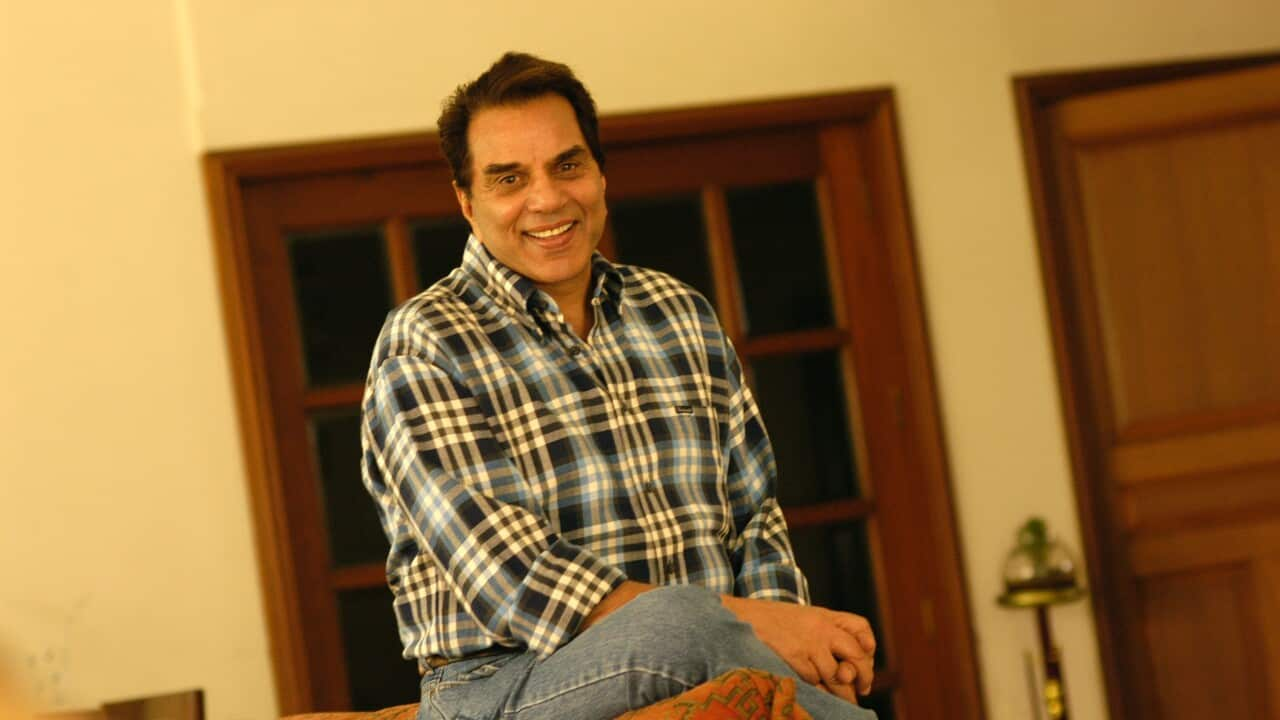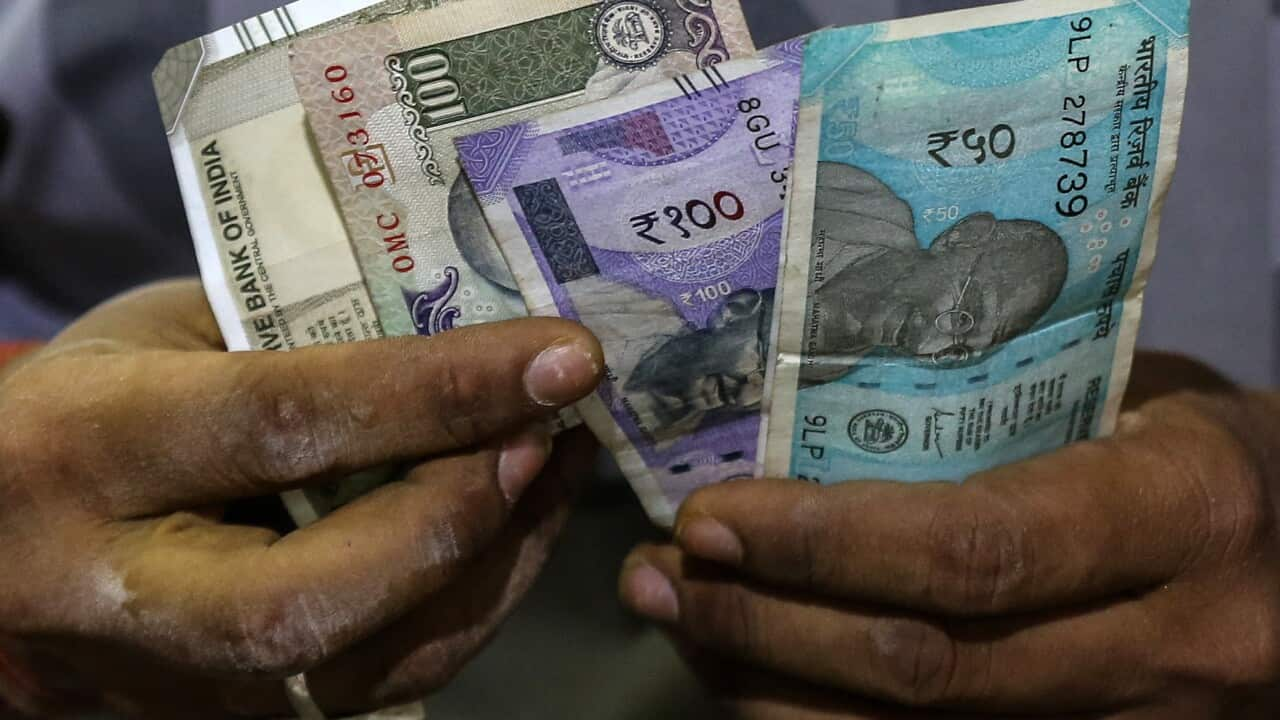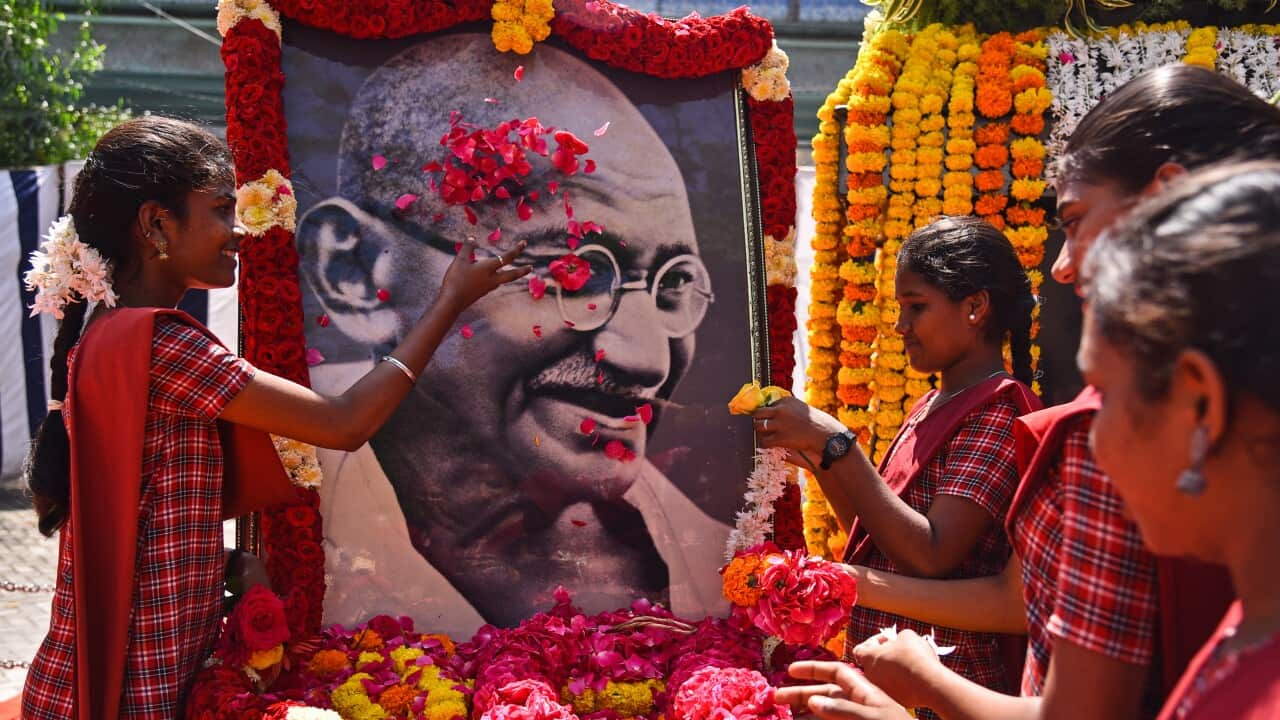At this farm cows are taken care of by the attendants from their birth till death. When they stop giving milk, they are moved to Goshala and taken care of by the carers and fully protected for their whole lives.
“We don’t see cows as something we should eat but as something we should respect and care for,” says Krsna Kirtan, an Australian man who has been serving cows for almost four decades.
This farm was established by the International Society for Krishna Consciousness (The Hare Krishna Movement) in 1977 in Murwillumbah, New South Wales.
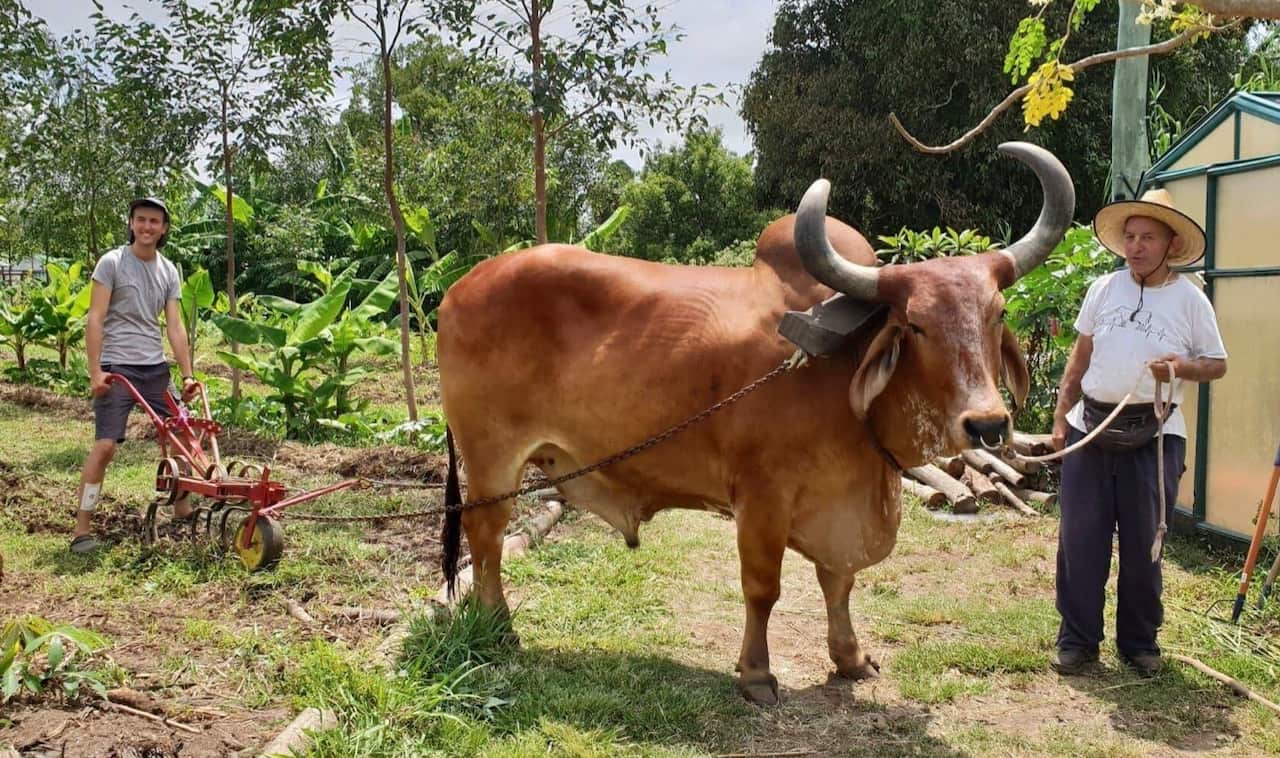
Mr Kirtan shares the history of the farm.
“New Govardhan farm in North in New South Wales was founded in 1977. His Divine Grace A.C. Bhaktivedanta Swami Prabhupada pushed for us to acquire more rural properties where we could demonstrate a more simple way of life based around the land, cows and growing your food.”
New Govardhan farm in Murwillumbah is one of the three such farms in Australia. Cows are bred and protected here during their entire lives.
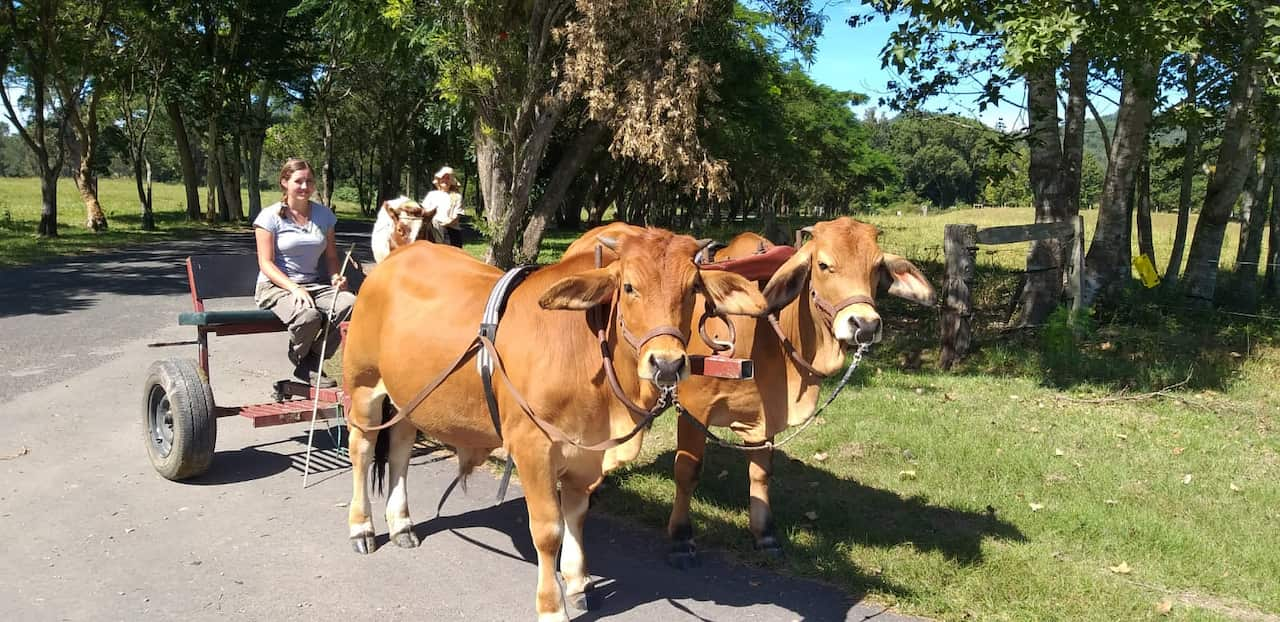
Mr Kirtan, who moved to Murwillumbah farm from Sydney 1994, says, “We are trying to demonstrate cow protection traditionally and taking care of the mother cow. We take the milk from her and produce many wonderful foods here.”
“Every day, the milk is processed. We make fresh butter, Ghee and all other milk produce too.”
The number of cows and bulls is almost equal. Workers at the farm try to maintain healthy cows, bulls and bullocks and ensure their comfort and safety.
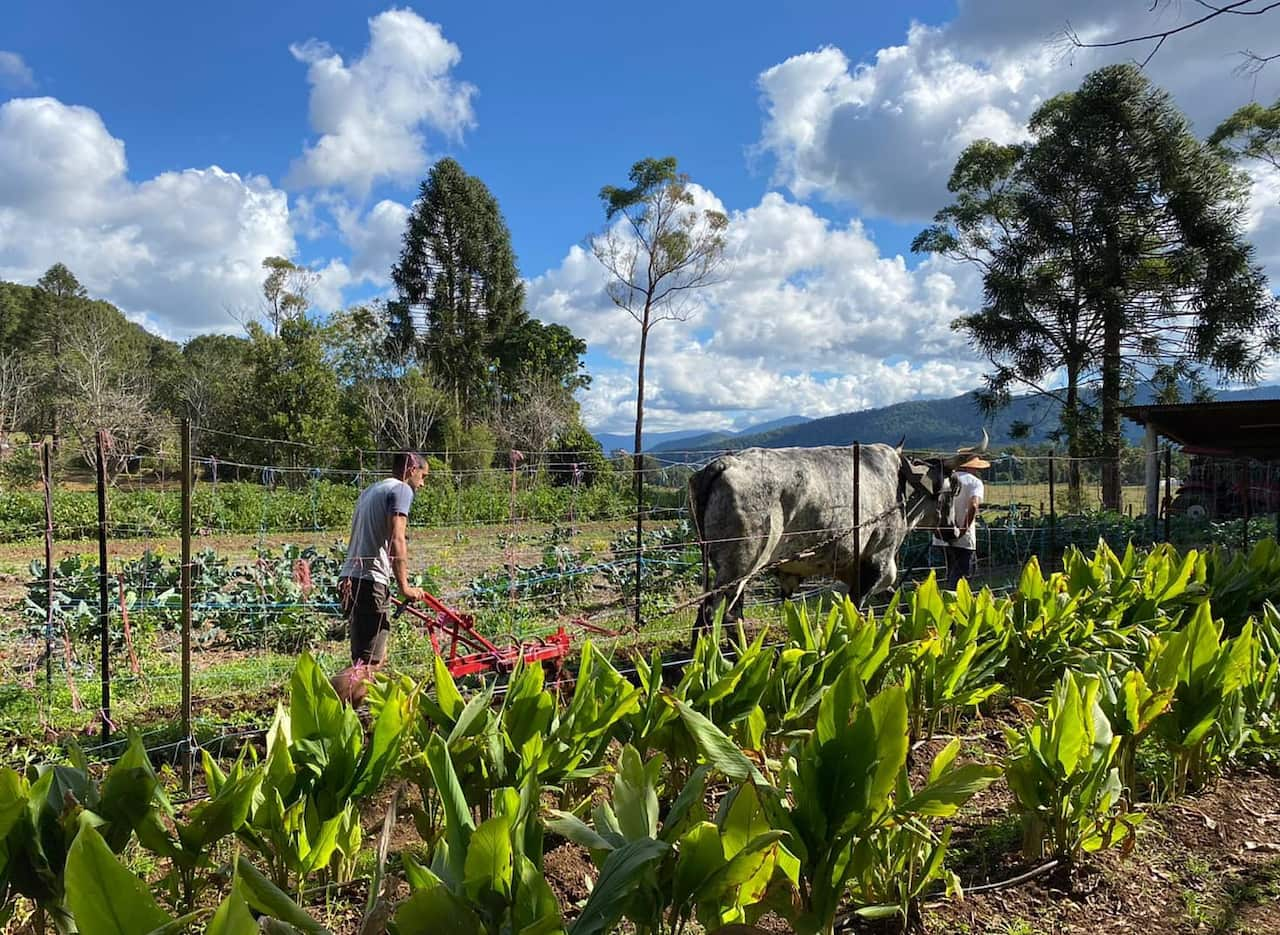
Mr Kirtan says, “The mission of New Govardhana Goshala is to serve, worship and protect Lord Krsna’s cows. We shall also strive to educate others in the principles of cow protection. According to facilities available to us, we shall endeavour to improve our varied services for the cows continuously.”
There is a special arrangement for old cows. They are moved to a retirement village in the farm called Goshala.
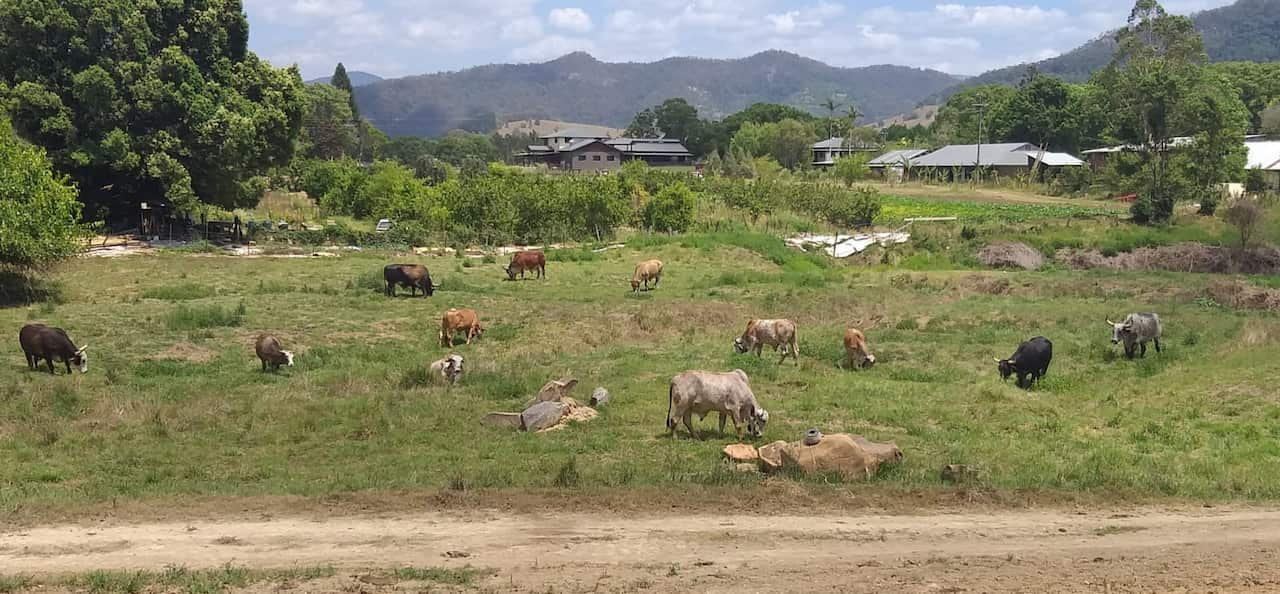
“When they get old, we have a retirement village or the Goshala for them where they are taken care of until their final days,” explains Mr Kirtan.
“We have six people on the ground daily, and there are many volunteers too. We also have school students that come down to learn animal husbandry and farming techniques. We also have very large organic gardens and all the cow dung is collected and utilised composted.”
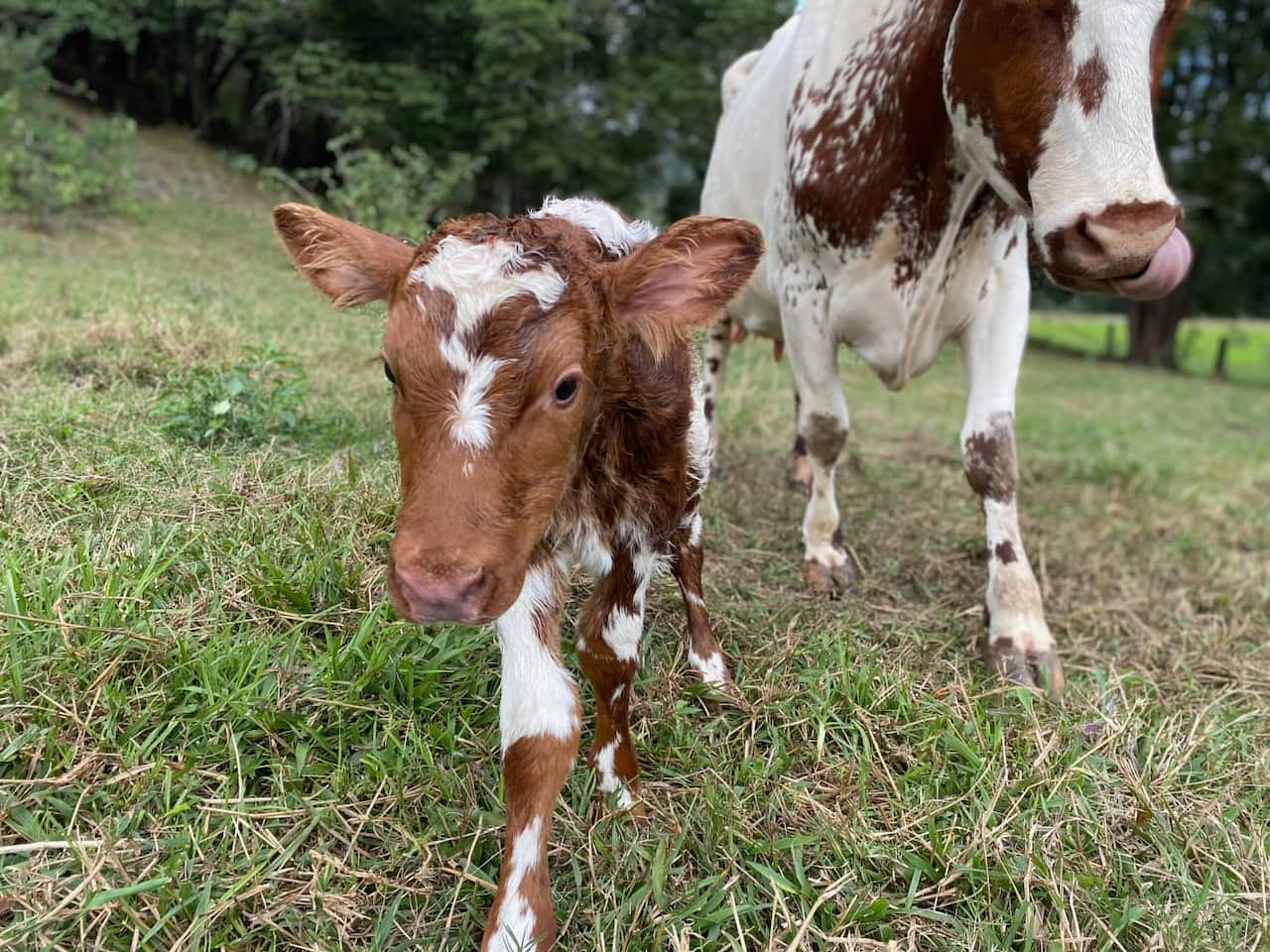
Born and bred in Australia, Mr Kirtan understands that eating beef is a part of Australian culture, but he emphasises the significance of vegetarianism that this movement strives to spread.
“We want to show people the real value of cows. They are more valuable alive than dead unlike the west where cows are eaten which is not a very nice thing,” says Mr Kirtan.
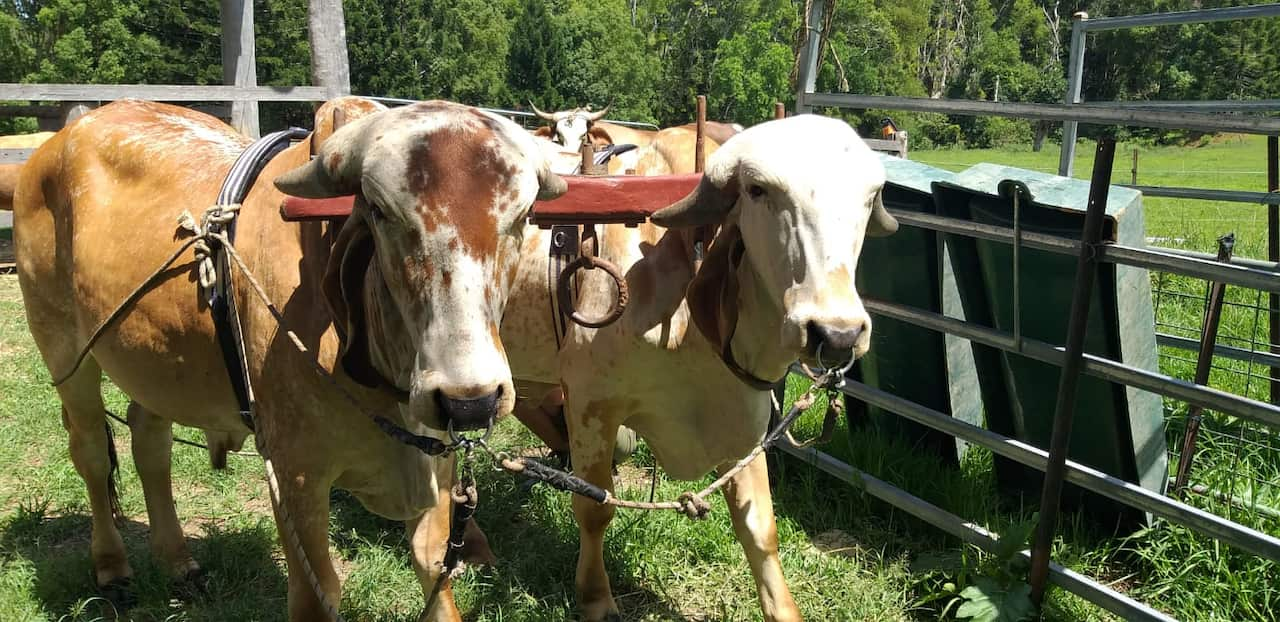
A typical day starts at 5:00 AM in the Goshala.
The carers begin with the morning milking, and then the milk is collected and taken to the special dairy kitchens. Cows then are taken to feed special grass with their calves.
They graze for the day before coming back in the afternoon. Then starts the process of evening milking after which the cows are taken to the shelter for the night.
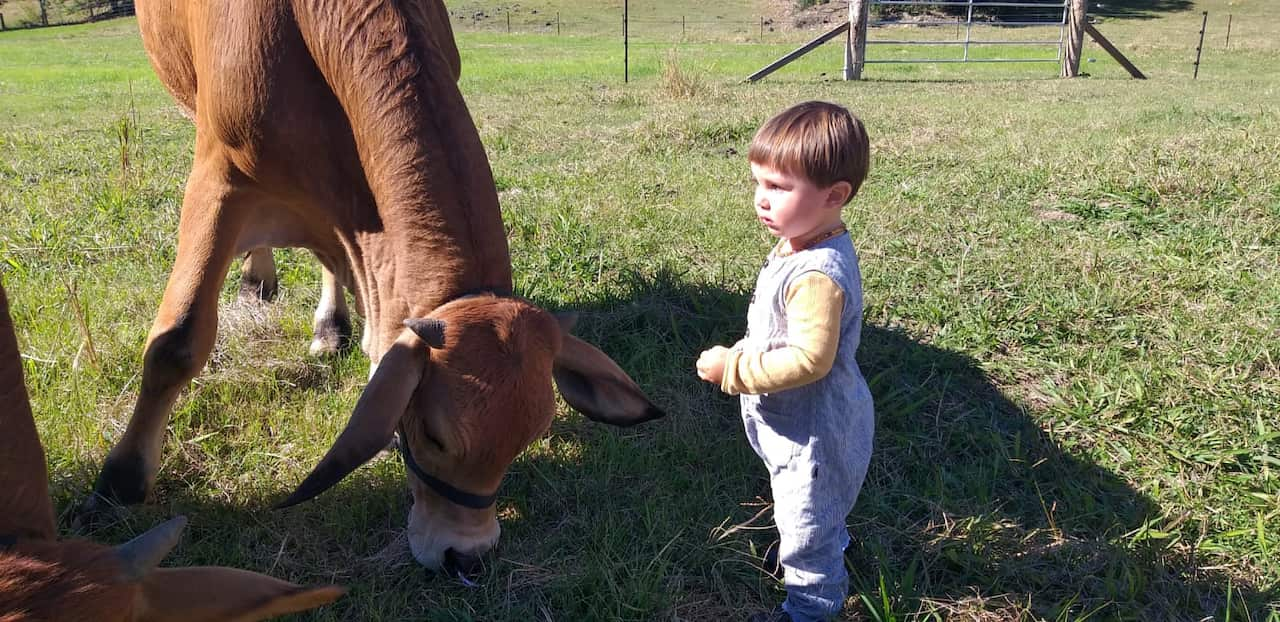
Mr Kirtan’s children and grandchildren also volunteer at the farm.
He says his children grew up playing with cows and now his grandchildren have developed the same affection with this animal which is considered sacred in India.

